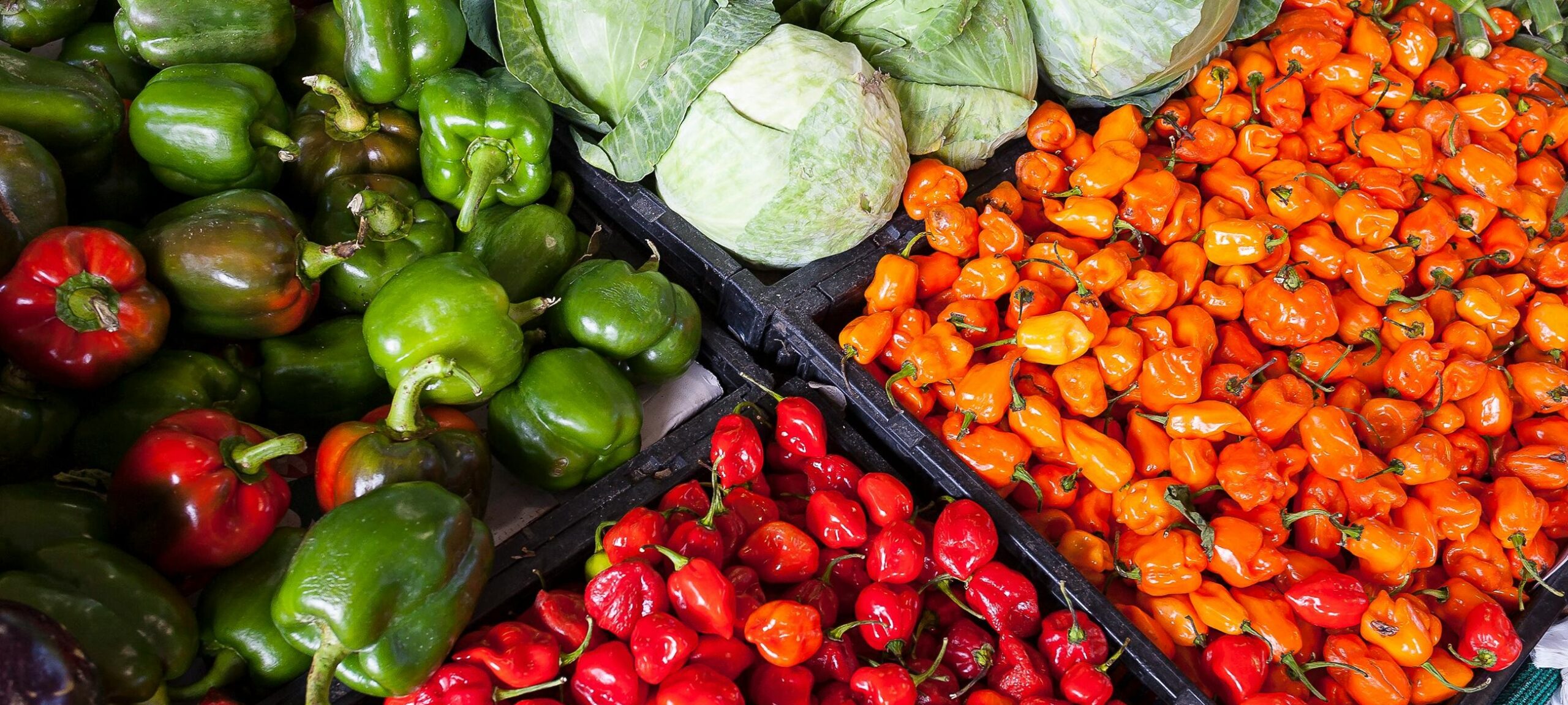In a startling announcement, the Poultry Association of Nigeria (PAN) has warned that the price of eggs could soon skyrocket from the current ₦5,500 to ₦10,000 per crate if urgent measures are not taken. This potential price hike threatens to put this essential source of protein out of reach for many Nigerians, raising concerns about food security and nutrition across the country.

Factors Driving the Price Increase
Several interconnected factors are contributing to the looming egg price crisis:
- Fuel Subsidy Removal: The recent removal of fuel subsidies has led to a significant increase in transportation costs, affecting the entire supply chain from farm to market.
- Rising Feed Costs: Poultry farmers are grappling with the escalating prices of animal feed, a crucial input for egg production. The indiscriminate increase in feed prices by millers is putting immense pressure on farmers’ operational costs.
- Lack of Government Support: PAN officials note that the last time they received any grain intervention from the government was three years ago, leaving farmers to fend for themselves in an increasingly challenging economic environment.
- Financial Constraints: Poultry farmers are struggling to secure financing from banks, limiting their ability to invest in their operations and scale production.
- Measurement Discrepancies: There are concerns about the accuracy of feed measurements, with farmers reporting that 25kg bags often contain less than the stated amount, further increasing costs.
Impact on Consumers and the Economy
If egg prices do indeed double, the consequences could be far-reaching:
- Reduced Protein Intake: Eggs are a relatively affordable source of high-quality protein for many Nigerians. A significant price increase could lead to a decline in protein consumption, particularly among lower-income households.
- Inflation: As a staple food item, a sharp increase in egg prices could contribute to overall food inflation, putting additional pressure on household budgets.
- Economic Ripple Effects: The poultry sector is a significant employer and contributor to the agricultural economy. A crisis in this sector could have broader economic implications.
Potential Solutions and Mitigation Strategies
To avert this crisis and stabilize the poultry sector, several measures could be considered:
- Government Intervention: Targeted support for poultry farmers, including subsidies on feed and other inputs, could help alleviate cost pressures.
- Improved Access to Finance: Developing specialized financial products for poultry farmers and improving their access to credit could boost production and efficiency.
- Investment in Local Feed Production: Supporting the domestic production of animal feed could reduce dependence on imports and stabilize prices.
- Streamlined Distribution: Improving transportation infrastructure and creating more efficient supply chains could help reduce costs associated with getting eggs from farms to markets.
- Quality Control Measures: Implementing stricter quality control and standardization in the feed industry could address concerns about measurement discrepancies.
The Future of Nigeria’s Poultry Sector
Despite the current challenges, the poultry sector in Nigeria has significant potential for growth and development. With proper support and strategic investments, it could play a crucial role in ensuring food security and contributing to economic development.
Key areas for future development include:
- Technology Adoption: Embracing modern farming techniques and technologies to improve productivity and reduce costs.
- Research and Development: Investing in poultry science to develop more resilient and productive bird species adapted to local conditions.
- Value Chain Integration: Encouraging vertical integration in the poultry industry to create efficiencies and reduce costs.
- Export Opportunities: Developing the capacity to meet international standards could open up export markets for Nigerian poultry products.
The potential doubling of egg prices in Nigeria represents a significant threat to food security and economic stability. However, it also presents an opportunity for stakeholders to come together and implement solutions that will not only avert the immediate crisis but also set the foundation for a more robust and sustainable poultry sector in the future. With concerted efforts from government, industry, and financial institutions, Nigeria’s poultry industry can overcome its current challenges and emerge stronger, ensuring that eggs remain an affordable and accessible source of nutrition for all Nigerians.




